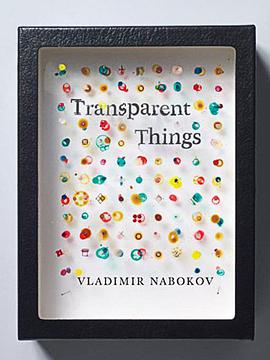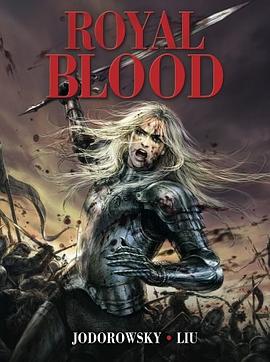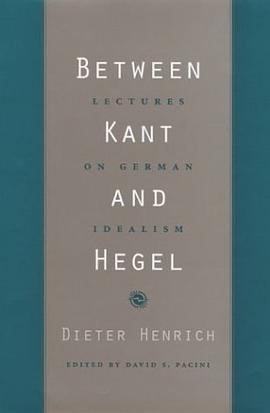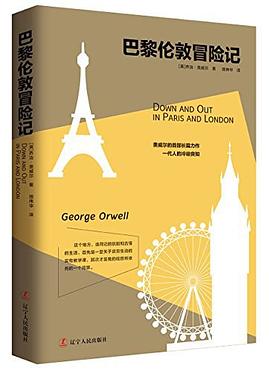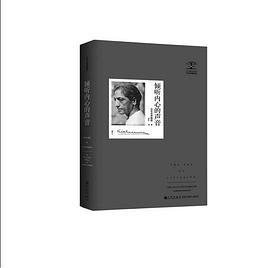Transparent Things
内容简介
"Transparent Things revolves around the four visits of the hero--sullen, gawky Hugh Person--to Switzerland . . . As a young publisher, Hugh is sent to interview R., falls in love with Armande on the way, wrests her, after multiple humiliations, from a grinning Scandinavian and returns to NY with his bride. . . . Eight years later--following a murder, a period of madness and a brief imprisonment--Hugh makes a lone sentimental journey to wheedle out his past. . . . The several strands of dream, memory, and time [are] set off against the literary theorizing of R. and, more centrally, against the world of observable objects." --Martin Amis
......(更多)
作者简介
Vladimir Nabokov was born on April 23, 1899, in St. Petersburg, Russia. The Nabokovs were known for their high culture and commitment to public service, and the elder Nabokov was an outspoken opponent of anti-Semitism and one of the leaders of the opposition party, the Kadets. In 1919, following the Bolshevik Revolution, he took his family into exile. Four years later he was shot and killed at a political rally in Berlin while trying to shield the speaker from right-wing assassins. The Nabokov household was trilingual, and as a child Nabokov was already reading Wells, Poe, Browning, Keats, Flaubert, Verlaine, Rimbaud, Tolstoy, and Chekhov alongside the popular entertainments of Sir Arthur Conan Doyle and Jules Verne. As a young man, he studied Slavic and romance languages at Trinity College, Cambridge, taking his honors degree in 1922. For the next 18 years he lived in Berlin and Paris, writing prolifically in Russian under the pseudonym "Sirin" and supporting himself through translations, lessons in English and tennis, and by composing the first crossword puzzles in Russian. In 1925, he married Vera Slonim, with whom he had one child, a son, Dmitri. Having already fled Russia and Germany, Nabokov became a refugee once more in 1940, when he was forced to leave France for the United States. There he taught at Wellesley, Harvard, and Cornell. He also gave up writing in Russian and began composing fiction in English. His most notable works include Bend Sinister (1947), Lolita (1955), Pnin (1957), and Pale Fire (1962), as well as the translation of his earlier Russian novels into English. He also undertook English translations of works by Lermontov and Pushkin and wrote several books of criticism. Vladimir Nabokov died in Montreux, Switzerland, in 1977.
......(更多)
目录
......(更多)
读书文摘
未来只不过是一种比喻,是一种思想的幽灵。 需要从一种存在状态进入另一种存在状态的,不是肉体死亡的自然痛苦,而是神秘的精神活动的无比剧痛。
......(更多)
